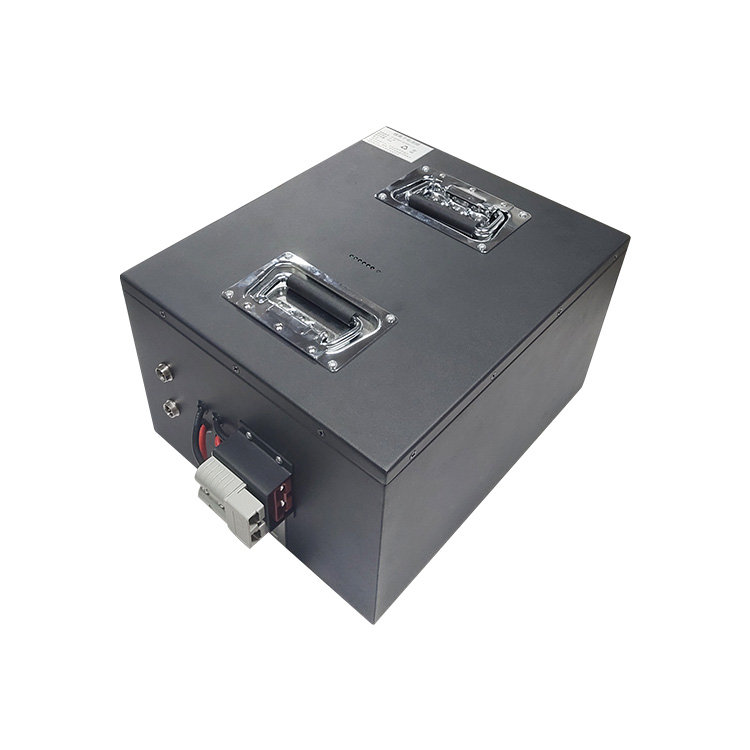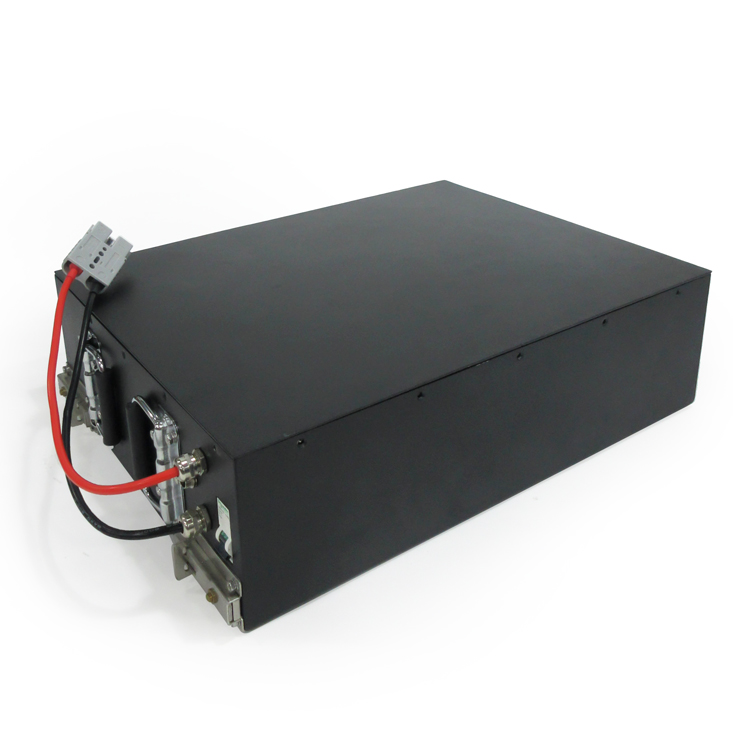India Will Force Energy Storage for Solar and Wind Energy Projects
Recently, at the 21st global small, medium and micro enterprise business summit organized by the Indian Federation of Industries (CII), MNRE Secretary Prashant Kumar Singh said, the government is planning to introduce 10% of the initial requirement for distribution and storage of renewable energy power plants, which may increase with the passage of time. The move aims to solve the intermittent problem of the fast-growing share of renewable energy in India's power structure and ensure all-weather power supply.
The intermittence of renewable energy requires an energy storage system, whether it is battery Energy Storage ( BESS is also a pumped storage project (PSP), which is used in the energy storage and power market and will maintain the stability of the power grid and ensure all-weather power supply.
According to Singh, India's recent bidding for the combination of solar energy, wind energy and battery energy storage shows a competitive price and its performance is better than that of coal-fired power plants. With the decrease of battery costs, the ministry intends to cancel independent solar or wind energy projects and support integrated systems instead. Now, as the price of battery energy storage drops, it makes sense to move forward. Don't have any independent solar energy or wind power plants...... According to the price trend, the scale may rise to 30-40%.
It is understood that India's battery energy storage market is still in its infancy. By the end of March, 2024, the installed capacity had reached 111.7 MW/219.1MWh. A report released by Mercom in July predicts that by 2027, the country will add 1.6 GWh of independent battery energy storage and 9.7 GW of renewable energy energy storage projects. The government has issued a number of policies to accelerate the adoption and development of battery storage. One of the most important policies is the Viability Gap Fund plan announced in 2023. The plan contemplates 2030-203One year to develop 4GWh battery energy storage project, providing financial support of up to 40% of the project capital cost.
 Dongguan Juneng New Energy Technology Co., Ltd.
Dongguan Juneng New Energy Technology Co., Ltd.
 137 5142 6524(Miss Gao)
137 5142 6524(Miss Gao)
 susiegao@power-ing.com
susiegao@power-ing.com
 Xinghuiyuan High tech Industrial Park, Dalang Town, Dongguan City, Guangdong Province
Xinghuiyuan High tech Industrial Park, Dalang Town, Dongguan City, Guangdong Province













 Yue Gong Wang An Bei No. 4419002007491
Yue Gong Wang An Bei No. 4419002007491